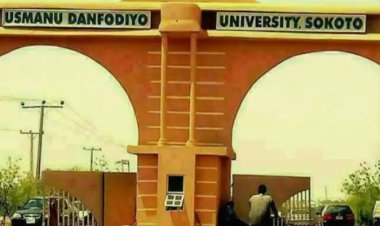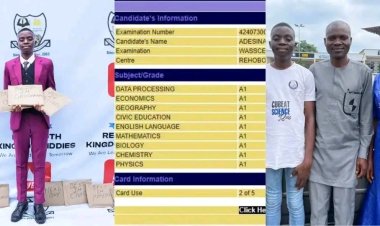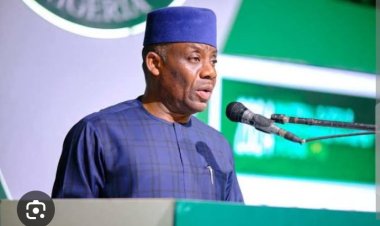Global Perspectives on Education and Career Paths Spark Debate Amid NEET-UG Controversy
Critics argue that focusing on certain profession like medicine and engineering, can overshadow the value of other academic pursuits and potentially limit career opportunities for individuals in diverse fields.

A controversial statement highlighting disparities in educational systems between developed and developing countries has ignited a debate amid the ongoing NEET-UG exam scandal in India. The comment, which circulated widely on social media, pointedly contrasts the perceived value placed on different academic disciplines in various parts of the world.
RECOMMENDED: Campaign to Recycle Textbooks Brings Hope to Rural Education in Africa
"Third world countries always have similar problems; Insufficient schools, Pressure on certain disciplines' amongst others. In US, you don't need to be a doctor or an engineer to live a good life. But in third world they belittle other courses, then later employ experts from US and developed countries to give advice using knowledge from courses they called bullshit," read the statement.
The remark emphasized broader concerns about the societal emphasis on professions such as medicine and engineering in countries like India, where competitive exams like NEET-UG hold significant influence over career paths.
Critics argue that this focus can overshadow the value of other academic pursuits and potentially limit career opportunities for individuals in diverse fields.
SUGGESTED: Controversy Surrounds Education in Kaduna Amid Access Bank's 60 Classroom Initiative
In response to the NEET-UG controversy, which has seen protests and allegations of cheating, stakeholders are struggling with questions of educational equity and the impact of competitive exams on social mobility.

 Zita Ezechi
Zita Ezechi 



